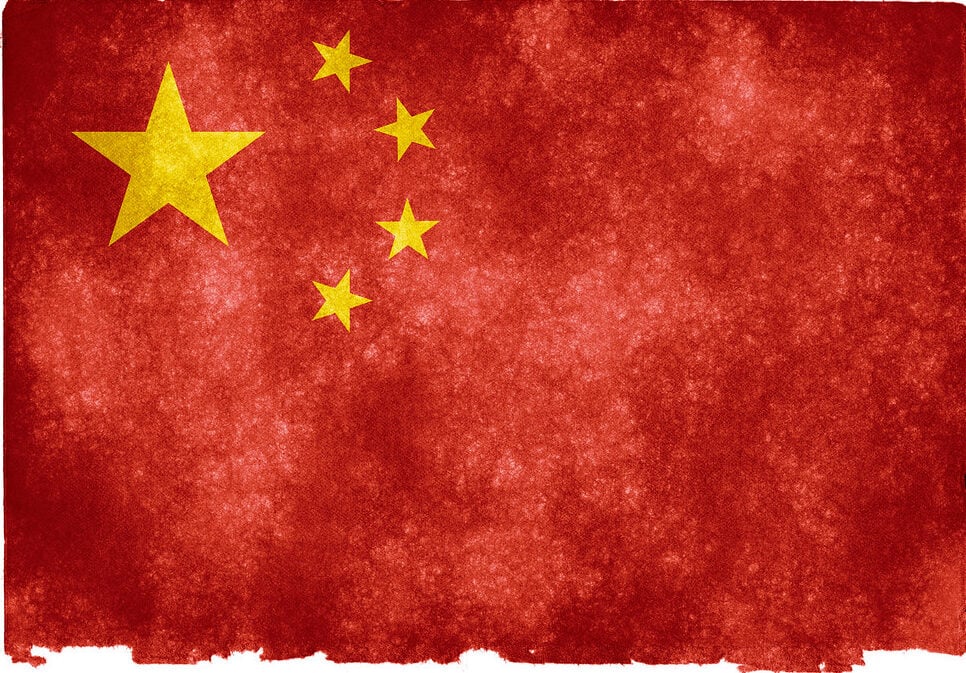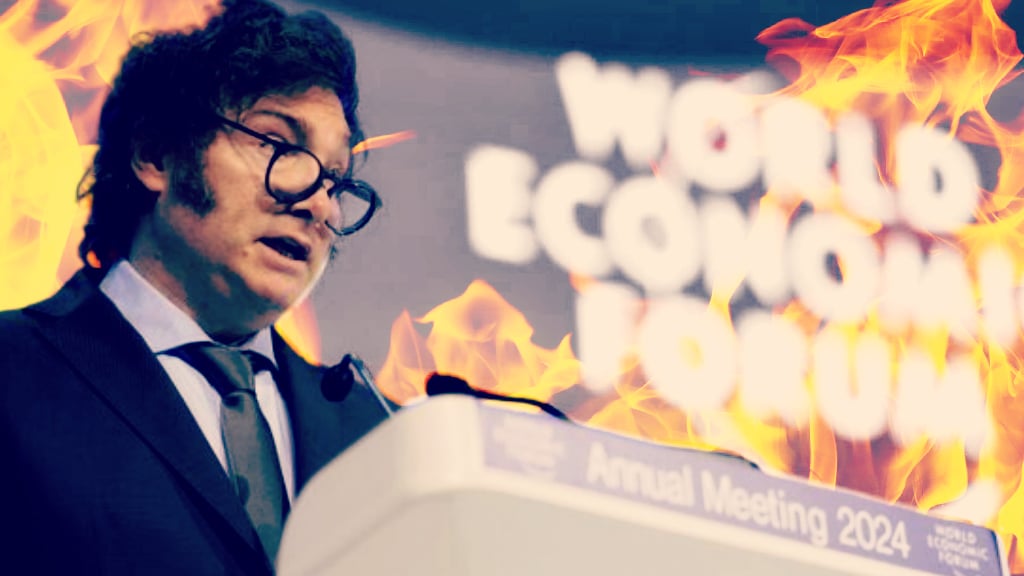
by | Jan 22, 2024 | Aggregate
President Trump with Brandon Gill and his wife, Danielle D’Souza Gill
House Judiciary Chairman Jim Jordan today endorses America First candidate Brandon Gill in the race for Texas’ 26th open Congressional District.
“Brandon Gill represents one of the best America First candidates for Congress. America and North Texas need a fighter like Gill to slash Washington spending, secure the Southern Border, and protect conservative values from Washington elites. In Congress, Brandon Gill will live by the principle of doing what you said you would do,” said Congressman Jim Jordan.
“Jim Jordan built the conservative movement that has fought against the broken status quo in Washington. As Chair of the House Judiciary Committee, Jordan is leading the impeachment inquiry into the Biden crime family’s crooked business deals and investigating Hunter Biden. It’s an honor to have Chairman Jordan’s support and I look forward to fighting the DC swamp alongside him in Congress,” said Brandon Gill.
Brandon Gill is also endorsed by President Donald Trump, Texas Reps. Ronny Jackson, Troy Nehls, the House Freedom Fund, and is the conservative candidate for Texas’ open 26th Congressional District.
Nearly $1.5 million has been raised in support of Brandon Gill’s candidacy for TX-26. Learn more about Brandon Gill here.
The post EXCLUSIVE: House Judiciary Chairman Jim Jordan Endorses America First Candidate Brandon Gill for TX-26 appeared first on The Gateway Pundit.

by | Jan 22, 2024 | Aggregate
Guest post by Antonio Graceffo
A Houthi promise not to attack Chinese ships in the Red Sea has led to speculation regarding China’s alleged involvement in the Middle East escalation, with a suggested motive of diverting US attention and stretching defense capabilities thin—potentially clearing the path for a Taiwan invasion. Regardless of the validity of these claims, what remains certain is that the Houthi attacks are undeniably exerting a negative impact on China.
In November 2023, shortly after the Hamas attack on Israel, the Houthis, an Iran-backed militia in Yemen, initiated attacks on merchant ships in the Red Sea. In response, the US established an international coalition dedicated to ensuring the safety of maritime navigation in the Red Sea. The coalition engages in patrols, surveillance, and information sharing to both deter and respond to threats against shipping.
Moreover, the US has carried out airstrikes against Houthi positions in Yemen, while the Houthis’ attacks on ships in the Red Sea persist. The deteriorating situation is causing shipping companies to avoid the region, disrupting global supply chains. International shipping and insurance costs are rising, and the additional costs will be passed on to consumers.
Shortly after the Hamas conflict erupted, the US swiftly deployed naval vessels and military personnel to the region. Simultaneously, defense-related aid was sent to Israel. The Red Sea faced heightened tensions due to Houthi attacks, necessitating increased vigilance against drone and missile strikes. In Iraq and Yemen, US forces had to reinforce their positions amid escalating attacks.
The growing threats and violence prompted the US to allocate more funds to the military. Meanwhile, the ongoing war in Ukraine continues to strain US resources. Exploiting the situation, China made progress in its Indo-Pacific dominance bid by persuading Nauru to shift recognition from Taiwan to the People’s Republic of China (PRC).
There is speculation suggesting that China may be behind the Houthi attacks. China has been an economic patron of Iran, and Iran supports both Hamas and the Houthis. Additionally, Hamas has been found to be using Chinese weapons.
One potential benefit for China in the Middle East escalation is that, if planning to invade Taiwan, they might prefer to have the U.S. engaged on multiple fronts. With a war in Ukraine and an expanding conflict in the Middle East, U.S. resources would be spread thin and less likely to defend Taiwan. However, whether this speculation is accurate or not, the Houthi situation has so far been detrimental to China.
The Red Sea serves as a vital shipping route for Chinese exports, especially to Europe and Africa. Houthi attacks disrupt this crucial flow, resulting in delays, rerouting, and heightened shipping costs. Such disruptions can impact the competitiveness of Chinese goods and lead to financial losses for businesses. Even if the Houthis uphold their promise not to attack Chinese ships, the repercussions will still extend to Chinese imports and exports transported on non-Chinese vessels.
Moreover, China heavily depends on oil imports from the Middle East, a significant portion of which traverses the Red Sea. Although the Houthis haven’t directly targeted oil tankers thus far, the looming threat of attacks contributes to uncertainty and is placing upward pressure on energy prices globally, affecting all nations, including China.
The PRC’s domestic economy is already on a downward trend, and heightened energy costs coupled with reduced imports and exports would worsen an already challenging situation. Such developments would be seen as a failure for Xi Jinping, whose legitimacy is largely tied to his capacity to stimulate domestic economic growth.
Xi’s leadership in China is characterized by efforts to enhance the country’s global standing and potentially replace the US as the dominant world power. As part of this strategy, China actively seeks to strengthen its presence in the Middle East, even mediating a peace agreement between Iran and Saudi Arabia. However, the growing frequency of Houthi attacks poses a potential threat to Beijing’s expanding economic and political influence in the region.
China has made substantial investments in infrastructure projects along the Red Sea, including ports and logistics hubs. The instability caused by the attacks could jeopardize these investments and hinder future economic cooperation in the region. If China fails to safeguard its trade interests and uphold regional stability, there is a risk of tarnishing its reputation as a trustworthy partner on the international stage.
The Middle East is already in a volatile state, and any missteps by any involved party could lead to further escalation. China needs to tread carefully to avoid being drawn into a wider conflict that could harm its interests. While Beijing has called for the Houthis to cease their attacks on civilian vessels, it has not condemned the Houthis and has even labeled US airstrikes against Yemen as illegal.
China is navigating a delicate path with the Houthis, seeking an end to the attacks but reluctant to align its interests with the US and Israel. Despite attempting to portray itself as a peacemaker in the Israel-Hamas conflict, Beijing has not achieved success. Calling for the Houthis to stop harassing foreign ships, Beijing is also likely to meet with failure. Although the US is grappling with the strain of multiple wars, China is also affected by the Middle East conflict. This further complicates Beijing’s considerations in planning when to potentially invade Taiwan.
The post The Middle East Conundrum: China Connection to Houthi Strikes appeared first on The Gateway Pundit.

by | Jan 22, 2024 | Aggregate
During Argentina’s presidential campaign, I repeatedly wrote here on TGP how infuriating it was to be witnessing MSM treat Javier Milei’s absolutely mainstream, no-nonsense economic ideas as ‘dangerous’, ‘radical’ and out of bounds, while the horrible Peronists who left 40% of Argentineans under the poverty line were treated like the ‘sensible’ option.
This upside-down view of the world displayed by the media remains the standard approach as Milei kicks off his government, however cracks in the narrative are already quite visible.
Daniel Hannan has an excellent article out in the UK’s Conservative paper Telegraph about Milei’s speech in the World Economic Forum meeting in Davos.
Hannan notes how the former economics professor ‘made no attempt to meet his audience half way’.
Milei warned them that Western values had been betrayed by ‘those who want to belong to a privileged caste’ and told it to the faces of the members of the caste.
During 40 minutes, he presented the theory and practice of why state intervention tends to make people poorer.
Hannan writes: “There is nothing pro-market about Davos. Here are the directors and lobbyists of Atlas Shrugged brought to life: woke, subsidy-hungry, pleased with themselves, ambitious, conformist, reluctant to express a view until they have a sense of the room. Had the WEF existed in the late nineteenth century, it might have included a few economic liberals, for free markets were then in fashion. But our own age is corporatist, managerialist and high-spending, and delegates duly parrot those orthodoxies.”
Communist, fascist, socialist, social democratic, Christian Democratic, progressive or populist, these are just different stripes for the same lust for collectivism.
“Because he dislikes state interference, Milei is dismissed as a loon. He is ‘radical’ (New York Times), ‘extreme’ (El País), ‘populist’ (Le Monde), ‘far-Right’ (BBC). Yet the classical liberalism he espouses is as undoctrinaire as any world-view can be.”
His reforms mainly involve politicians surrendering their privileges.
Global slogan of the libertarian movement: ‘Don’t hurt people, don’t take their stuff’.
One undeniable economic fact that Milei slapped on the globalist faces is that ‘over the long term, countries with lower state spending and lighter regulations outgrow those with more intrusive governments’.
“As Milei reminded his audience: “Socialism always and everywhere makes people poorer. It has failed in every country where it has been tried. Failed economically, socially and culturally. And it has murdered more than a hundred million people”.
Argentina had pro-market governments until 1916, and it was one of the wealthiest places on earth. A century of socialist, military and Peronist statism followed, bankrupting the country.
Hannan ends on a carefully hopeful note. “Unlike most British commentators, I have spent time with Milei. He comes across in private as he does in public: clever, demotic, mercurial, driven, eccentric. I worry about his ability to withstand the Peronist backlash. But I have no doubt that, if he is allowed to implement his program, he will reverse a century of decline in Argentina.”
Read more:
Elon Musk Praises Argentina’s Milei Pro-Capitalism Speech in Davos, Posts Erotic Meme in Celebration
The post UK’s Telegraph Comes Out Blazing in Support of Argentina’s Javier Milei Against WEF ‘Caste’ appeared first on The Gateway Pundit.



